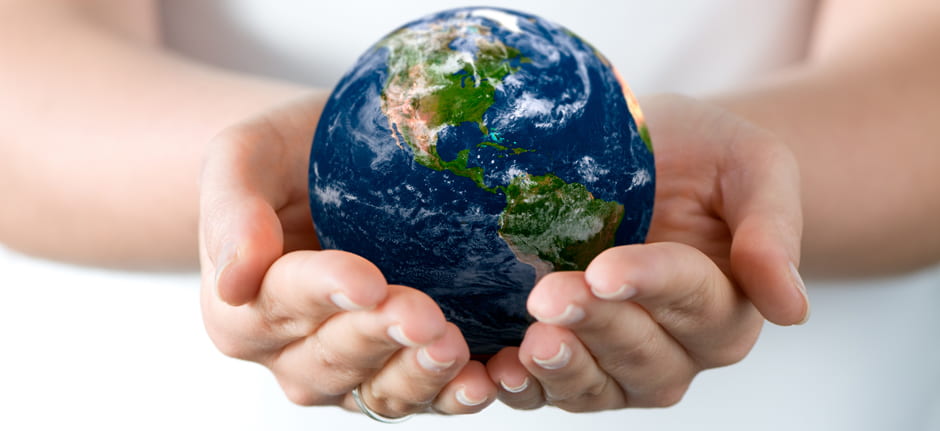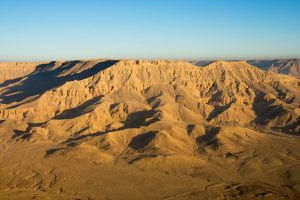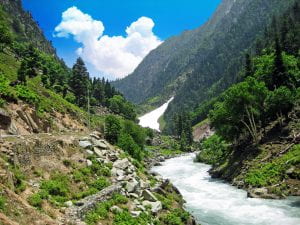Introduction
The clamor of tiny voices filled the UAB lecture hall, a space usually reserved for undergraduates and professors. At the front of the room, a small hand shot up. “What’s college like?” one of our mentees asked, eyes wide with curiosity. In that moment, I realized the importance of our work—not just mentoring but planting the seeds of possibility in young minds.
In a previous blog, How Youth Mentoring Can Instill Resilience in the Next Generation, I shared the story of my time mentoring a young girl through Big Brothers Big Sisters (BBBS). That experience illuminated the transformative power of mentorship and the deeper systemic barriers that prevent many children from accessing quality education. Today, I want to expand on those themes, exploring how these barriers represent a fundamental human rights issue and how initiatives like my student organization, Brighter Futures for Little Blazers at UAB (BFLB), are working to address these inequities.

The Inaccessibility of Education
The Universal Declaration of Human Rights declares that “everyone has the right to education.” Yet, for millions of children in the United States, this right remains elusive, especially those from marginalized communities. According to the U.S. Department of Education, students from the lowest income quartile are five times less likely to complete a bachelor’s degree than those from the highest.
For children experiencing Adverse Childhood Experiences (ACEs), such as poverty, neglect, or violence, the barriers to education are even more significant. These experiences correlate with reduced academic performance, lower high school graduation rates, and limited access to higher education. The Centers for Disease Control and Prevention (CDC) reports that nearly 61% of adults have experienced at least one ACE, and these adverse experiences disproportionately affect children of color and those living in low-income households.
Systemic inequities further compound these challenges. Schools in underfunded districts often lack essential resources, such as experienced teachers, extracurricular programs, and adequate infrastructure. A study by the Education Law Center found that schools serving predominantly low-income and minority students receive $1,800 less per student annually than those in wealthier districts despite having greater needs.
These inequities not only violate the principles of equality and non-discrimination but also perpetuate cycles of poverty. Without access to quality education, children face limited career opportunities, which in turn limits their earning potential and ability to improve their socioeconomic status.
The Role of Brighter Futures for Little Blazers at UAB
I founded Brighter Futures for Little Blazers at UAB (BFLB) in the Fall of 2023 in response to the systemic challenges children in Birmingham face. As a student at UAB and a mentor with BBBS, I saw firsthand how a lack of volunteers, compounded by logistical barriers like transportation, limited children’s access to mentoring opportunities. BFLB was designed to bridge these gaps by leveraging the resources and enthusiasm of college students.
Big Brothers Big Sisters pairs Bigs (mentors) with Littles (mentees) to connect kids who have faced ACEs with mentors who can provide an extra support system. BFLB is not an isolated initiative but rather a tailored offshoot of BBBS’s Beyond School Walls program. This program connects youth with workplace mentors to help them develop professional skills, explore career opportunities, and build confidence. At its core, Beyond School Walls is about exposing children to environments that inspire and prepare them for the future. While BBBS traditionally partners with corporations and businesses for this initiative, BFLB brings the concept to a university setting. Instead of pairing Littles with corporate employees, BFLB pairs them with college students, creating a relatable and aspirational mentoring dynamic. This modification aligns perfectly with Beyond School Walls’s goals while addressing our community’s specific needs.
Our program buses Littles to UAB twice a month, creating a space where mentorship and education intersect. While the primary goal is to instill resilience and emotional support, BFLB also seeks to inspire children to envision a future that includes higher education. During their visits, Littles participate in STEM activities, career preparation workshops, and campus tours, helping them associate college with possibilities rather than obstacles.

This approach aligns with research showing that mentoring programs tied to real-world experiences significantly improve youth outcomes. Exposure to higher education environments substantially increases the likelihood that children from low-income backgrounds will aspire to attend college. A study by the National Mentoring Partnership found that mentored youth are 55% more likely to enroll in college and develop career aspirations than their non-mentored peers.
Education as a Tool for Change
The systemic inequities necessitating programs like BBBS and BFLB are deeply rooted in broader social and economic disparities. In the United States, low-income children are often concentrated in underfunded schools, where limited resources exacerbate the challenges posed by poverty and ACEs. These inequities are not accidental but are the result of decades of policies that have prioritized affluent communities over marginalized ones.
Mentorship programs like BFLB are not a substitute for systemic reform but serve as an intervention to mitigate the immediate effects of these inequities. For example, Schools with mentoring programs report 52% higher graduation rates compared to those without. However, the impact of mentorship extends beyond individual success. Programs like BFLB and Beyond School Walls challenge the systemic barriers that perpetuate educational inequities by building community partnerships and advocating for policy changes.
While education cannot single-handedly solve systemic inequality, it remains one of the most effective tools for breaking the cycle of poverty. Each additional year of schooling increases an individual’s earning potential by an average of 10%. Yet, for education to serve as a pathway to economic mobility, it must be accessible to all.
Initiatives like BFLB illustrate how community-driven efforts can address accessibility challenges. By combining mentorship with exposure to higher education, BFLB helps Littles overcome the psychological and logistical barriers that prevent many low-income students from pursuing college. At the same time, these initiatives highlight the need for systemic change. Policymakers must prioritize equitable funding for public schools, expand access to mental health resources, and invest in programs that support children facing ACEs. These changes are essential for ensuring that the right to education is not just an ideal but a reality for all children.

Conclusion
The right to education is a cornerstone of human dignity and progress, but systemic barriers deny this right to many children. Initiatives like BBBS’s Beyond School Walls program and BFLB demonstrate the power of mentorship to address these challenges and inspire hope for a brighter future.
However, achieving true educational equity is not a task for one person or organization. It demands a collective effort to dismantle systemic inequities and create a society where every child, regardless of their background, has the opportunity to succeed.
As individuals, we can contribute by volunteering, donating, or advocating for policies that promote educational access. Together, we can ensure that the transformative power of education is available to all, fulfilling its promise as a fundamental human right. As we work toward a more equitable world, civil society organizations must continue to intervene where systems fail.
It takes just one mentor, organization, or program to light the spark that can transform a child’s life.










